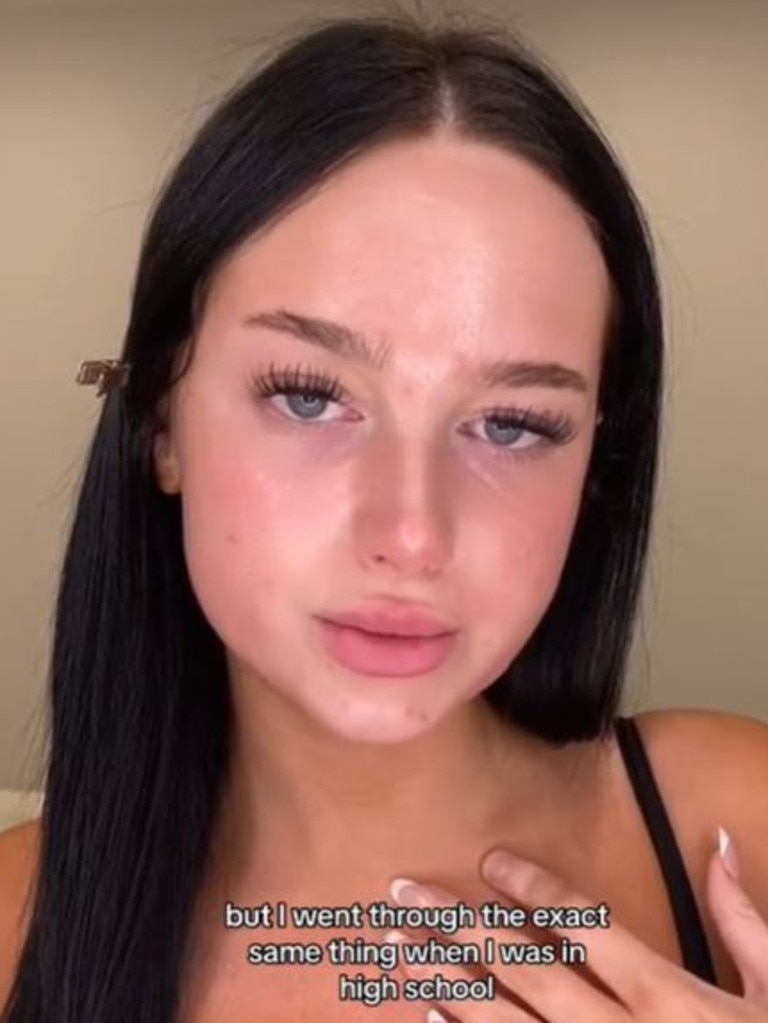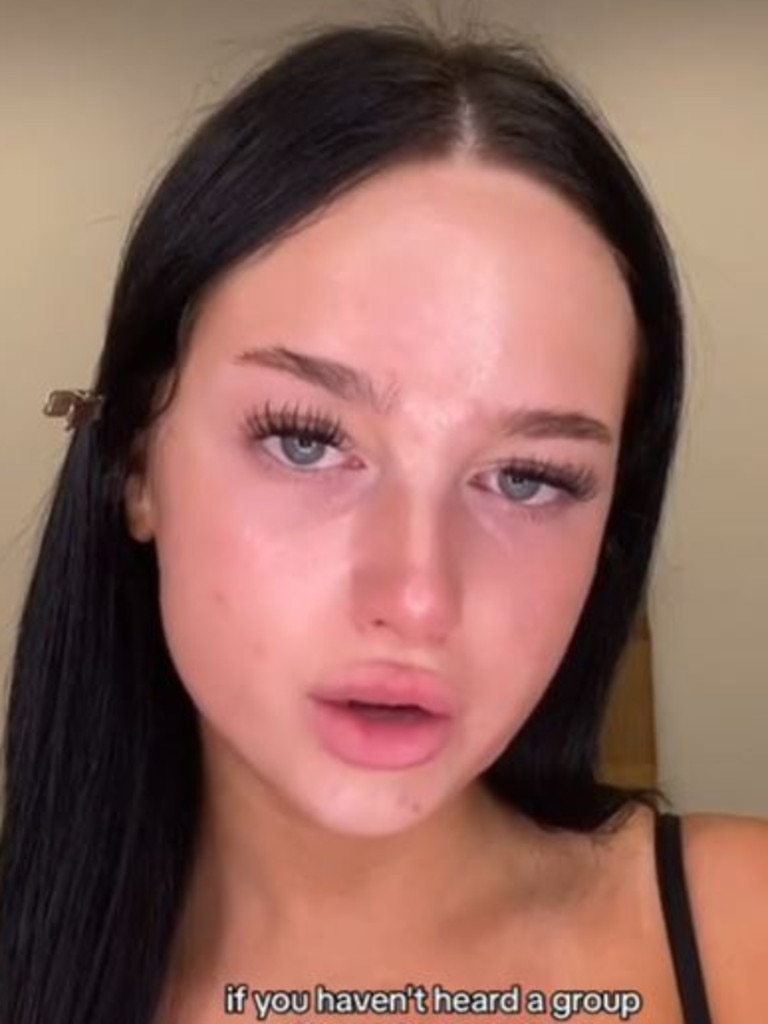Young Aussie reveals how a high school list turned her life into a nightmare
A young Aussie has opened up about being ranked on a horrifying high school list with other teens, and how it made her life a living hell.
A popular Aussie influencer has shared that she was ranked on a horrifying list that was shared around her high school and turned her life into a nightmare.
Pheveya, 20, was prompted to talk about her experience after hearing about a list created by boys from Melbourne private school, Yarra Valley Grammar, which included ratings of their female classmates.
The shocking list was posted on Discord and discovered by the school. It featured photos of female students and ranked them from best to worst as “wifeys”, “cuties”, “mid”, “object”, “get out” and “unrapeable”.
Two of the four boys involved in creating the document were expelled, with the other two suspended and subject to further disciplinary action.
The list didn’t “surprise” the influencer because she had lived through something eerily similar only four years ago.


When a group of boys ranked Pheveya without her permission, she was in Year 11 and the experience made her feel “degraded”.
“I was put on a list very similar to the one that was published in the news. I was put on a list, under the category ‘sl*t’,” she said.
The influencer was a child at the time and revealed in her video that she was also a virgin, but the damage was done.
“I was tormented, humiliated, harassed and emotionally abused by a group of boys for three years. My school knew about it the whole time and did absolutely nothing about it,” she said.
She said that the experience changed who she was.
“I felt broken. I felt devalued as a woman. The ongoing bullying I experienced from these boys completely shifted my character,” she told news.com.au.
“The once happy, cheerful, loud student, became a teary eyed, quiet, miserable one. I felt defeated, I felt bruised from the inside out.”
The bullying got so bad when she was in school that she began to faint from the severe stress, anxiety and depression that it caused.
She claimed there were multiple times that an ambulance had to be called to the school because she had been found unconscious in the bathroom.
Pheveya sought out counselling at the school, but she said she was often told “boys will be boys” and that she needed to get over it.


Some steps were taken by the school to make her life easier.
She had a note that meant she could leave class and go to the counsellor’s office whenever she needed relief, but she said teachers would sometimes still deny her and tell her she was fine.
The reason she would often want to escape the classroom was because she was being targeted by the boys who had created the list.
“They’d torment, harass me, take photos of me, take videos of me, make fake accounts of me, troll me, call me slurs, public humiliate me, slut shame, body shame,” she said.
In hindsight, she thinks it was because they saw her as an “easy target”, someone who would fight back against their taunts and therefore create a sick game for them to play.
She’s learned, though, that it isn’t her behaviour she needs to be worried about.
“It shouldn’t have happened in the first place,” she said.

By the end of Year 12, her family was pulled into a meeting with the school and she thought they were finally going to do something about the chronic bullying but, instead, she was told if she missed another class she wouldn’t graduate.
“They told me I couldn’t graduate and I couldn’t get an ATAR because of my lack of attendance, but they knew why I wasn’t attending classes,” she said.
In response, Pheveya soldiered through, attending every class until she graduated, and she got a “really good” ATAR.
The experience has stayed with her and now the list, created by the Melbourne schoolboys, brought back those memories and feelings.
“I feel disgusted. I know how often this sh*t happens. I’m not surprised. I feel there should be harsher punishments in place for bullies at high school,” she said.
Pheveya said that, as a nation, we are so concerned as to why violence keeps happening to women but she believes the answer begins in high school.
“The punishment for misogynistic behaviour in high school isn’t strong enough. It gets swept under the rug as ‘boys being boys’, as boys being immature,” she said.
“With no punishment, boys think its okay to devalue women like this. As a community, we should come together to recognise the horrid behaviour that happens in high school and the ongoing implications it has on our lives.”






